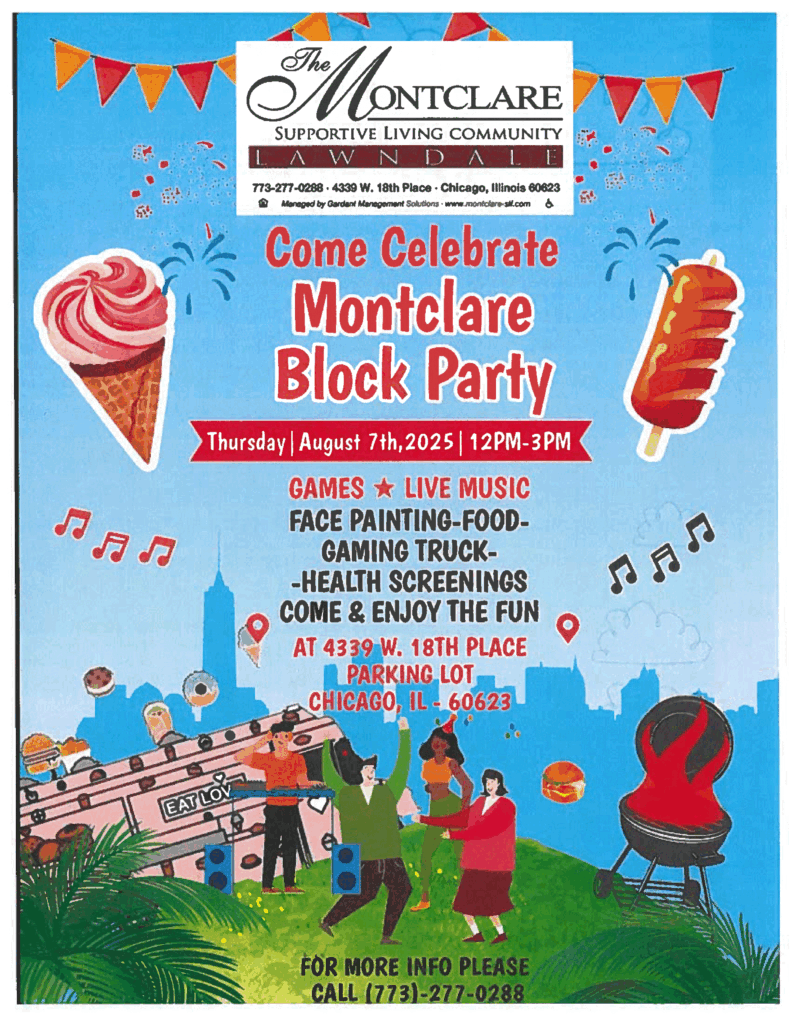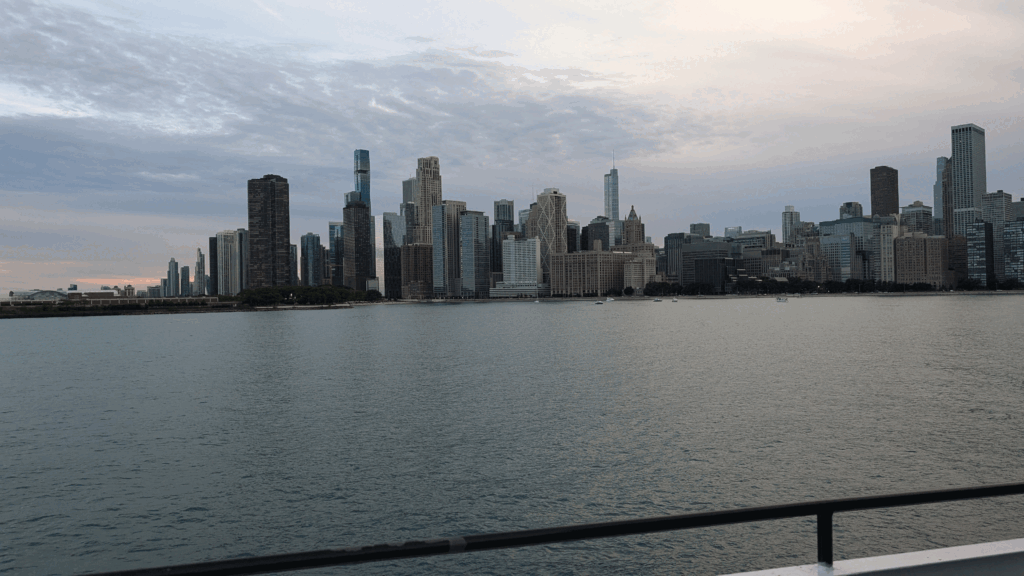https://www.nlcn.org/cms/wp-content/uploads/2025/11/NorthLawndaleOct29Pub25web-1.pdf

|
|
|||
 1. Health risks Everyone: Limit prolonged outdoor activity. May experience difficulty breathing and throat irritation with prolonged exposure. Sensitive Groups (children, older adults, people with heart or lung conditions): May experience more serious health effects, including worsening existing heart or lung disease, respiratory and cardiovascular conditions, asthma attacks, heart attacks, or strokes. These individuals should limit time outdoors, monitor their breathing, and keep windows and doors closed. It’s also recommended to consult a doctor if experiencing symptoms like wheezing, coughing, rapid heartbeat, tiredness, chest pain, or shortness of breath. 2. Air quality index (AQI)
3. Daily life impacts
Important notes
What is the projected outlook for more Canadian wildfires?Canadian federal officials are warning of a high risk of continued wildfires throughout August, making 2025 one of Canada’s worst wildfire seasons on record Here’s a breakdown of the projected outlook: 1. Continued fire risk
2. Impacts
3. Important notes
In conclusion, the outlook suggests a challenging few months ahead, with continued high wildfire activity and associated impacts on air quality and public safety. Are there resources for people with respiratory issues during poor air quality?There are several resources available in Chicago and nationally for individuals with respiratory issues, especially during periods of poor air quality like those caused by wildfire smoke. 1. Local organizations
2. General advice and guidelines
3. Support and information
These resources can help individuals with respiratory conditions navigate periods of poor air quality and protect their lung health. Remember to prioritize your health, stay informed, anWhat are the effects of the poor air quality in Chicago the last few days?d seek medical attention if needed. The 18th anniversary of Church on Fire International, which is situated at 4836 W. 13th Street in Cicero, IL, is a momentous occasion. This flourishing non-denominational ministry has transformed into a beacon of love, hope, and transformation both locally and globally under the charismatic leadership of Apostle Dr. David Philemon. Sunday, October 20, 2024, marks the start of the celebration, which will last for a week and include camaraderie, worship, and powerful lessons. From Lowly Origins to Worldwide Influence A Week of Exciting Festivities Draws attention to the larger issue of why Pharmacies are closing in the State of Illinois and the U.S. (l-r) Rupesh Manek – Owner of Rochelle Pharmacy, Abraham Morgan – Board member and Government Affairs Committee Chair of Sinai Chicago, and Edwin Muldrow – 2nd generation owner of Del-Kar Pharmacy. Four Walgreens stores on the Westside of Chicago, 3401 W Roosevelt Rd, 5222 W Madison St, 3045 W 26th St, and the 4800 W Cermak Rd store are reported to be closing by the end of the year. After being sought for help as a safety net and an alternative solution to the news of the Walgreens closures that will leave the Westside of Chicago even more of a pharmacy desert, Ed Muldrow, owner of Del-Kar Pharmacy, one of only two black owned independent pharmacies in Chicago, contacted NLCN and coordinated a meeting with some of his fellow members of the Illinois Pharmacy Association. The meeting was to discuss the closures and the critical issue of why the pharmacy closures. “No business closes down, if they are making money, stated Cong Danny Davis, who was not at the meeting. There are several factors impacting the pharmacy business, but one of the major reasons, particularly in the state of Illinois and the Chicago area, is due to low reimbursement rates and exploitative practices by pharmacy benefit managers (PBMs). Key points included: – 74 pharmacies have closed in Illinois so far this year, with more expected to close by the end of the year. Nationwide, over 2,200 pharmacies have closed in 2022 alone. – PBMs, the middlemen between drug manufacturers, pharmacies, and insurance companies have been reported and proven to be manipulating prices and underpaying pharmacies for medications, often reimbursing below the pharmacies’ acquisition costs An Illinois state audit found that PBMs misappropriated over $100 million per year from the state’s Medicaid program, over a two-year period, by underpaying pharmacies. – CVS Caremark, one of the largest PBMs, agreed to pay $46 million to Illinois for failing to provide the state with appropriate reimbursements, but this amount is negligible compared to their $80 billion quarterly revenue. The Illinois Pharmacists Association has proposed bipartisan bills (SB 2790 and HB 4548) to address the issue, including implementing transparent pricing standards and fair reimbursement rates, but these bills have stalled due to PBM lobbying efforts and lack of legislative support. – Pharmacists emphasized their vital role in providing accessible healthcare, medication counseling, and essential services like COVID-19 vaccinations, but their ability to serve communities is being undermined by PBM practices. – Rural areas are particularly vulnerable, with some counties in Illinois lacking any pharmacies, making pharmacists the primary healthcare providers in those regions. – Participants called for community engagement, patient advocacy, and increased pressure on state and federal legislators to take action against PBM monopolistic practices and protect independent pharmacies.  Garth Reynolds, Executive Director of the Illinois Pharmacists Association, Pharmacy Law Professor, family-owned rural Illinois pharmacies. Background on Pharmacy Closures and PBM Practices The meeting began with Garth Reynolds, Executive Director of the Illinois Pharmacists Association, Law Professor, and family-owned rural Illinois pharmacies, providing context on the long-standing issue of pharmacy closures, which has been ongoing for over 20-25 years but has accelerated recently. He cited examples of Walgreens adjusting hours due to state payment cycles in the early 2000s and the recent closure of 74 pharmacies in Illinois this year alone, with more expected to close by the end of the year. Reynolds emphasized the impact of ‘pharmacy deserts,’ areas with limited access to pharmacies, particularly affecting Black and Latino communities in Chicago. He provided research from the University of Illinois Chicago College of Pharmacy that established the term ‘pharmacy deserts’ and highlighted the transportation challenges faced by residents in these areas. The group discussed the exploitative practices of pharmacy benefit managers (PBMs), the middlemen between drug manufacturers, pharmacies, and insurance companies. Rupesh, an independent pharmacist, provided examples of being underpaid for medications, sometimes reimbursed below the acquisition cost. He cited instances of being reimbursed $935 for a $1,100 medication and receiving reimbursements as low as 21-39 cents for generic medications. Garth Reynolds explained how PBMs leverage their position to demand rebates from manufacturers, causing inflated drug prices that are passed down to pharmacies and patients. He also mentioned how PBMs manipulate formularies (lists of covered medications) to steer patients towards preferred pharmacies within their networks. The discussion highlighted a state audit that found PBMs misappropriated over $100 million per year from the Illinois Medicaid program over a two-year period by underpaying pharmacies. Additionally, CVS Caremark agreed to pay $46 million to Illinois for failing to provide appropriate reimbursements, although this amount was considered negligible compared to CVS Caremark’s $80 billion quarterly revenue. Garth Reynolds mentioned that the Federal Trade Commission (FTC) released an interim report in July investigating the top six PBMs and that the FTC recently filed a lawsuit against three major PBMs for manipulating insulin prices. Attorney General Kwame Raoul was cited as advocating for action against PBMs at the state and federal levels. The Illinois Pharmacists Association has been working on bipartisan bills (SB 2790 and HB 4548) to address the PBM issue, including implementing transparent pricing standards based on the National Average Drug Acquisition Cost (NADAC) and fair reimbursement rates through a professional dispensing fee. However, these bills have faced opposition from PBM lobbying efforts and a lack of legislative support. Participants discussed the need for community engagement, patient advocacy, and increased pressure on state and federal legislators to take action. They also suggested involving other stakeholders, such as the Illinois Hospital Association and local officials, to raise awareness and support for protecting independent pharmacies. The Role of Pharmacists and Impact on Communities Pharmacists emphasized their vital role in providing accessible healthcare, medication counseling, and essential services like COVID-19 vaccinations and opioid overdose prevention. They highlighted the importance of maintaining independent pharmacies, which often serve as the primary healthcare providers in rural areas where some counties lack any pharmacies. The participants discussed the impact of pharmacy closures on underserved communities, particularly in terms of transportation challenges and access to medications and healthcare services. They also addressed the need to educate policymakers and the public on the value of pharmacists and the consequences of losing independent pharmacies.
|
|||